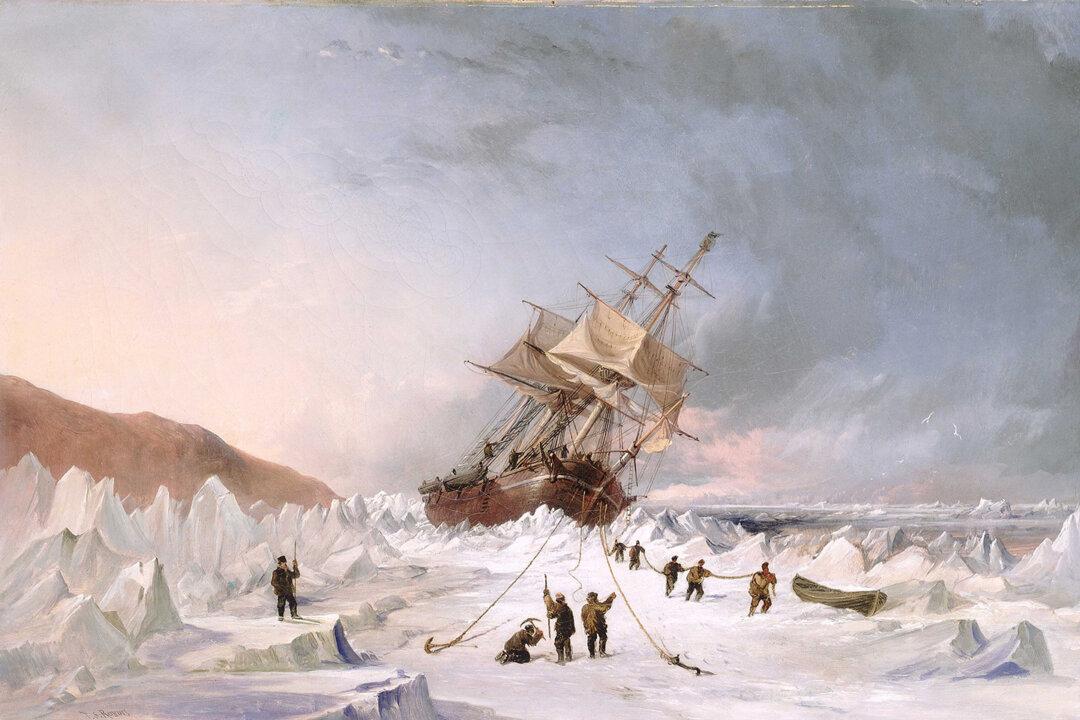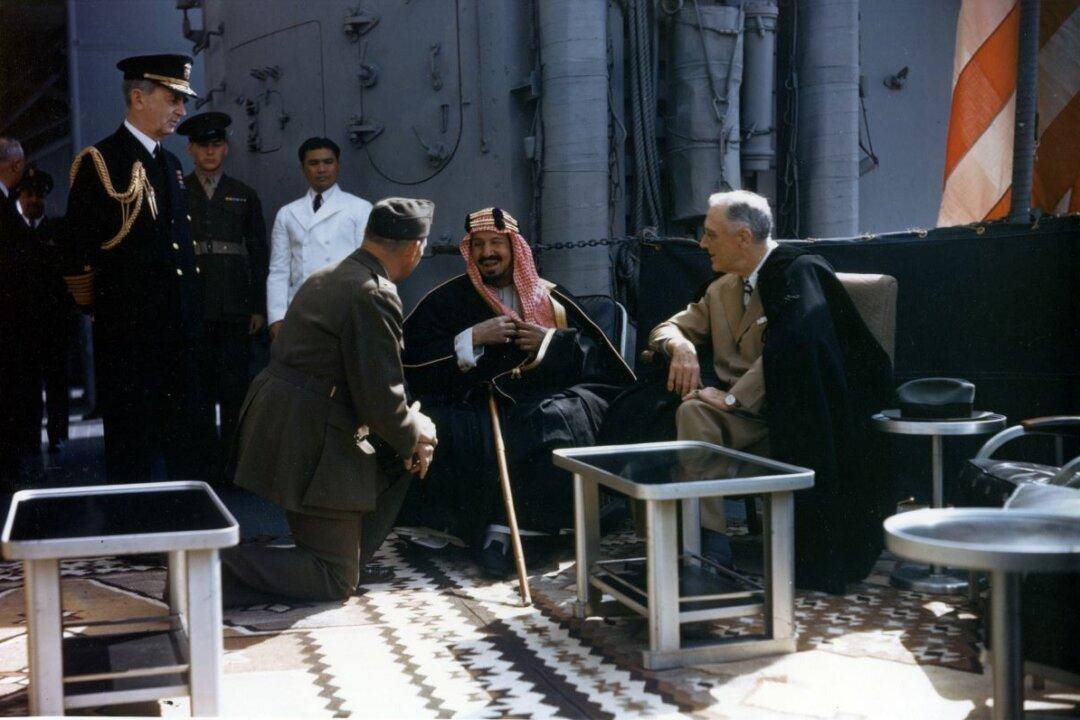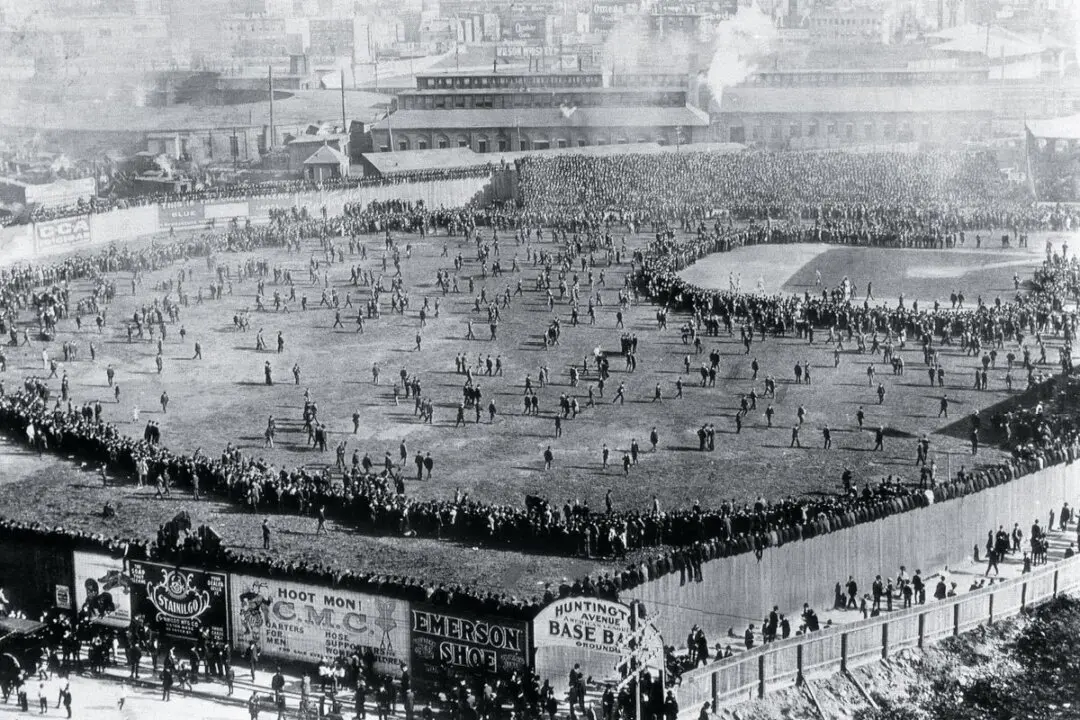It is nearly impossible to be saved from obscurity. With each passing decade, the chances of someone’s name being completely lost to history increases dramatically to the point of certainty, regardless of their accomplishments or how interesting of a life they lived. Even the subject of Reid Mitenbuler’s recent book, a biography about arguably the most interesting person you’ll ever read about, was discovered by mere happenstance.
It was an oil painting of a bearded, peg-legged gentleman that piqued Mitenbuler’s interest. The artistic presentation was interesting, for sure, but what made the subject of greater interest was that the painting hung in an old New York mansion that was home to The Explorers Club. The subject of the painting was Peter Freuchen and his story exceeds imagination.






